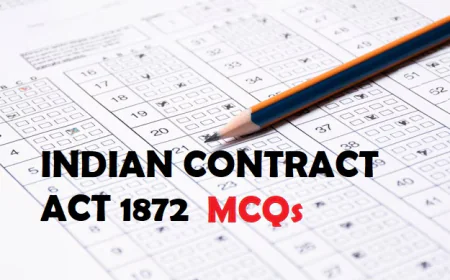Before Physics, There was Maths: Journey Through Human History

Before Physics, There was Maths: Journey Through Human History
Before there was physics, there was math. This statement is accurate. Math is a fundamental language and tool that was developed to describe and understand the world around us. Its history extends far back into human civilization, preceding the formal establishment of physics as a distinct field of study. The Dawn of Numbers: Pre-Physics Mathematics Early humans used mathematical concepts for practical purposes long before the scientific revolution. Evidence of counting and basic arithmetic can be found in prehistoric artifacts, such as tally sticks. These were used to keep track of things like livestock, lunar cycles, or trade goods.
* Ancient Civilizations: Civilizations in Mesopotamia, Egypt, and the Indus Valley developed sophisticated mathematical systems for practical applications. The Mesopotamians used a base-60 numeral system (which we still see in our measurement of time and angles today), and the Egyptians developed geometry for land surveying and the construction of massive pyramids. These early uses of math were not part of a formal study of physics, but were essential for the development of these societies. The Greeks: From Practicality to Philosophy The ancient Greeks elevated math from a purely practical tool to a field of philosophical inquiry. Euclid's Elements is a cornerstone of this period, establishing a rigorous, axiomatic approach to geometry.
While Greek thinkers like Aristotle and Archimedes did study what we now call physics, their work was often framed within a broader philosophical and mathematical context, not as a separate, experimental science. Their work on levers and hydrostatics was deeply rooted in geometrical principles. The Birth of Physics: Uniting Math and Experimentation The true separation of physics from philosophy and pure mathematics began during the Scientific Revolution. Galileo Galilei is often considered the "father of modern physics" because he was one of the first to systematically combine mathematical models with empirical observation and experimentation. He used mathematics to describe motion, a radical departure from the descriptive, non-mathematical approach of the Aristotelian tradition.
Isaac Newton took this union to a new level with his laws of motion and universal gravitation. He even had to invent new mathematical tools—calculus—to fully express his physical theories. In essence, mathematics provided the language and framework for physics, and physics, in turn, spurred the development of new mathematical concepts. While math existed long before physics, it was the application of sophisticated mathematics to the physical world that gave birth to the science of physics as we know it today.
Vijay Garg Retired Principal Educational columnist Eminent Educationist street kour Chand MHR Malout Punjab -152107










































